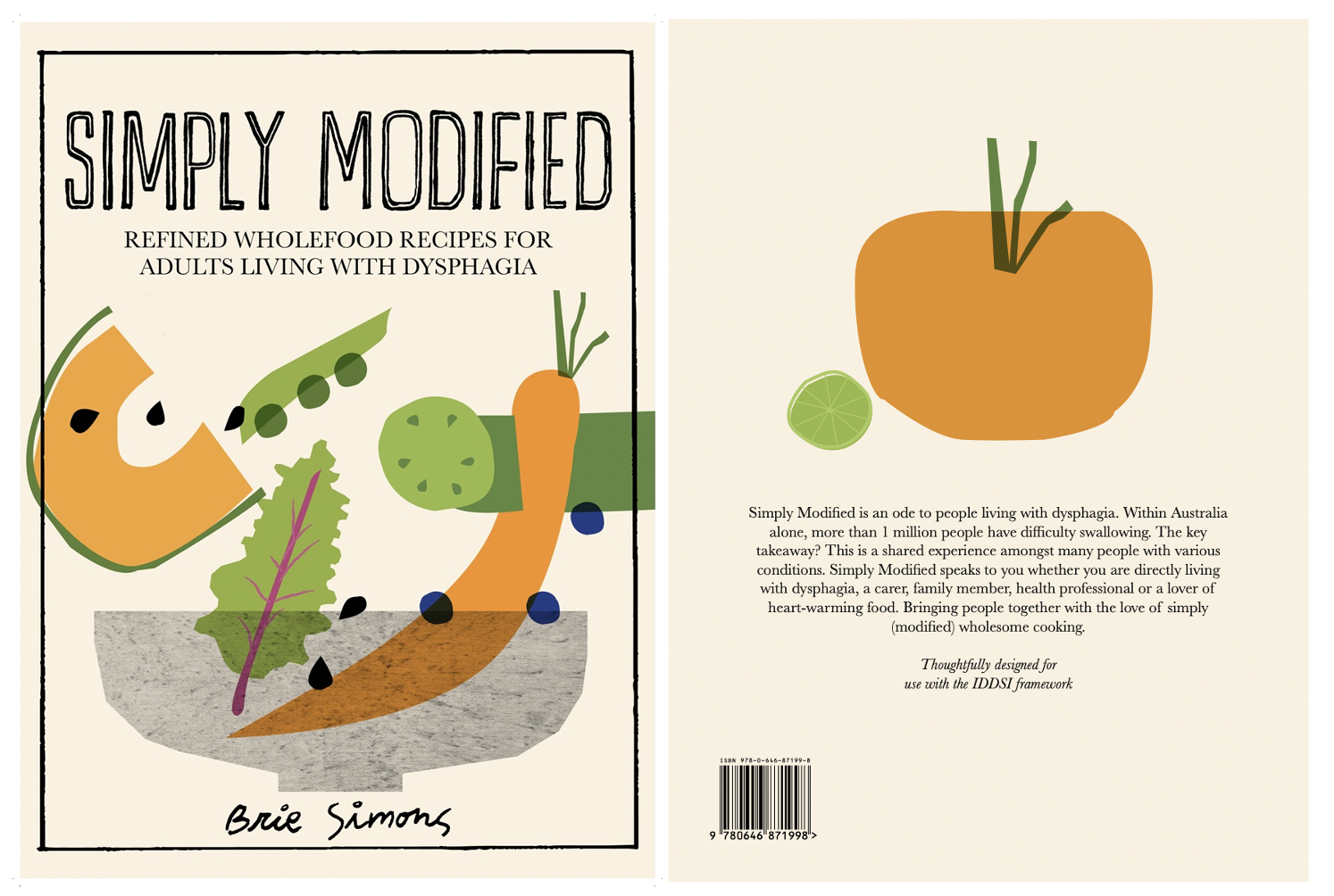Eating, Drinking and Swallowing - The Medical, the Social and the Emotional
“Optimising the balance of mealtime safety, social connectivity and enjoyment as relevant to the individual is a personalised journey”
Eating and drinking are required to sustain life and support general health and bodily function. Yet on the other hand, they are deeply social acts. Just a weekend walk through my local park reveals numerous groups of people catching up over a barbeque, sharing time with family over a picnic and gathering around baked goods from the new bakery as a form of seeking culinary experience. Eating and drinking brings people together, marks celebratory occasions and provides link to identity, culture, religion and community. Often, eating and drinking transcends beyond the sole value of nutrition/hydration, beyond the physical ‘clinical’ act to one of pleasure, enjoyment and social connection.
To what extent each individual preferences or prioritises the clinical act of eating and drinking versus the socio-emotional event will vary person to person, as well as within each person at different times as influenced by a variety of personal/life factors including but not limited to finances, mental health status, available time, etc. These philosophical differences in how people view food and weigh up the role it is has in their lives, is evidenced throughout the phrase ‘eat to live or live to eat?’ Most know people who research and/or travel in search of new tastes, flavours and textures yet also know others who are content in their everyday food routines.
Decision Making
Given that everyone has their own nuanced and individualised view of eating/drinking, people with dysphagia (swallowing difficulties) and the health care professionals that support them, often encounter ethical considerations in dysphagia care. Commonly, Speech Pathologists make recommendations in collaboration with individuals with dysphagia to minimise their chances of experiencing discomfort and safety concerns at mealtimes, e.g. to minimise choking or chance of chest infection from ‘food/drink going the wrong way’, known as aspiration pneumonia. These recommendations can include diet/fluid consistency modifications such as having foods in a pureed, minced or soft and bite sized form, compensatory swallow strategies or alternative food/drink delivery methods. In more severe cases, enteral tube feeding can be a consideration with advice from medical and dietetic teams.
Whilst some adapt to these recommendations to maintain safety, ease and/or comfort of swallowing, others choose to make decision against them, either partially or fully, due to the impact they have on their personal enjoyment or overall experience of eating and drinking, such as mealtime inclusiveness. They opt to accept the chance of adverse impacts associated with eating/drinking/swallowing as benefits in doing so outweigh burdens to them in this area. No approach to this decision is right or wrong and given everyone’s varying goals and values, no blueprint available to reach a choice, though individuals should be fully informed by the medical professionals around them. Where individuals cannot make the decision themselves, despite support, due to concerns relating to their understanding, memory etc (mental capacity), a substitute decision maker is also vital.
Maintaining Autonomy
Irrespective of personal goals, it is essential individuals with dysphagia maintain autonomy in their choices relating to eating and drinking. There are several ways individuals can make both current and future priorities relating to eating, drinking, swallowing and alternative forms of nutrition/hydration known, including what options they may wish to refuse. This includes:
Regular open and ongoing discussion in this area with their Speech Pathologist and/or medical team
Completing an advanced directive, a legal document designed to put forward an individual’s decisions relating to their health care in advance of its need
Briefing key family/friends involved in their healthcare, who they may elect to make future choices on their behalf if this is required
Ensuring these factors are communicated in the mealtime management plans prepared by their Speech Pathologist, so all support work staff are too informed
Optimising the balance of mealtime safety, social connectivity and enjoyment as relevant to the individual is a personalised journey, requiring the full support of a healthcare team. The aim in writing this blog is to acknowledge that dysphagia care should address each person’s unique and current eating and drinking values and goals and to highlight the routes available to openly and proactively communicate these to ensure autonomy in care.
In episode two of our dysphagia bite video series we sit down with Chantel Kendle, speech pathologist and dysphagia advocate, to talk about choice. Chantel shares how clinicians can walk alongside people with dysphagia to support decision-making that is both informed and empowering. Together, we explore
🗣️ What “informed choice” really means in the context of dysphagia
🌱 How to balance risk, safety, and quality of life at mealtimes
🤝 The role of speech pathologists in supporting autonomy
🧩 Documents to assist in advocating for your choice for mealtime management.
This episode is essential listening for anyone supporting a person with swallowing difficulties whether you’re a clinician, care worker, or family member wanting to do better.
Written by Chantel Kendle
Speech Pathologist
NETWORK SPEECH PATHOLOGY
Purchase a copy of Simply Modified.
Written by Speech Pathologist Brie Simons. Including over 50 delicious recipes, with instructions to simply modify meals, making them easy to chew, soft and bite sized, minced and moist, or pureed.
It’s time to fall in love with food all over again…


